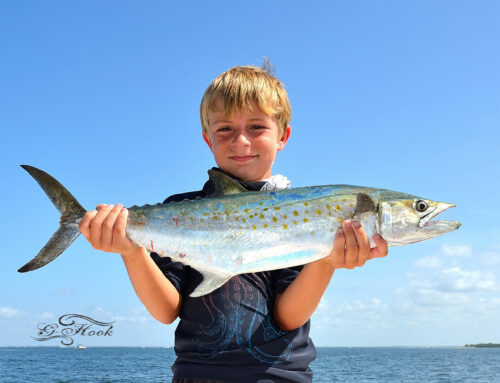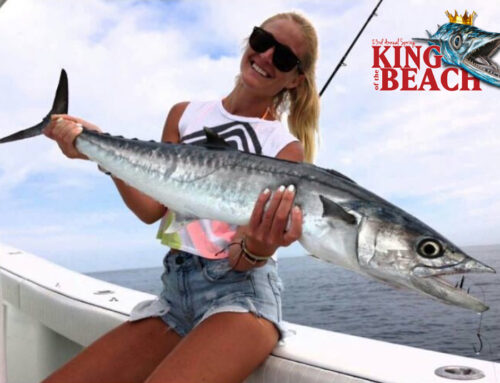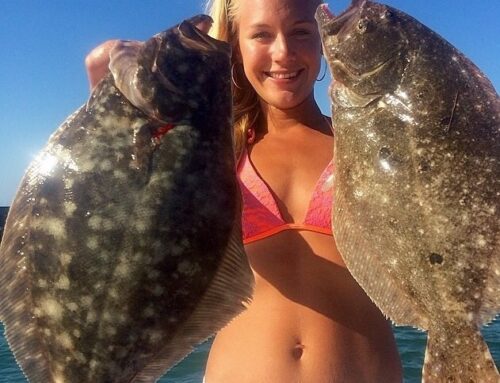 This week was Pets on the Water and how cute is it to see everyone and their love of pets. Congratulations to Jenna Jae who captured the win with her dog growling at a Redfish catch.
This week was Pets on the Water and how cute is it to see everyone and their love of pets. Congratulations to Jenna Jae who captured the win with her dog growling at a Redfish catch.
_________________
Pets are great companions while fishing, but they are often attracted by shiny lures and bait. If a hook gets embedded in the dog’s paw, mouth, esophagus or stomach it may require special care. We do not recommend attempting to remove this by yourself. Owners who attempt removing the object themselves risk causing severe damage to their pets and themselves. From a veterinary perspective, it may require sedation, minor surgery and/or endoscopy and pain medications.
What To Watch For
Some fishing bait, like minnows, leaches, or frogs, are delicacies for dogs and attract their attention. Even artificial baits contain attractant smells or shiny colors that lure your dog towards your hook. Due to the multiple barbs on the hooks, fishhooks can be very difficult to remove. Excessive damage can also be caused if you pull on the fishing line and hook, which can be deadly if mouth tissue, esophagus, or stomach is torn. If you see fishing line hanging out of your pet’s mouth, never pull on it. Immediately seek the help of a veterinarian.
Fishing accidents usually occur when baited hooks are left unattended and accidentally swallowed or get stuck in tissue (like the mouth, cheek, or paw). Swallowing fishing line can also be a medical emergency, and result in damage to the lining of the esophagus and/or stomach and may cause intestinal obstruction.
Care for hook injuries
If the hook (including the barb) is embedded in a paw, immediately cover it (to prevent further damage or your pet from chewing, licking, or swallowing it), and take your dog to the veterinarian as soon as possible.
If the hook is in the mouth or not visible, keep him/her calm and take your dog to the veterinarian as soon as possible.
If your pet swallowed a fishhook, anesthesia and endoscopy or surgery may be necessary to carefully remove the hook; in addition, stomach protectants and antibiotics are needed for a few days to reduce any irritation or ulceration to the esophagus and stomach as well to control secondary infections.
Prevention
Always keep unused lures and bait covered and away from inquisitive pets.
- If possible, only prepare a single lure at a time, covering all equipment and bait as quickly as possible.
- When casting your line, it’s always best to have your pet secured in a safe area; haphazard casting can result in a hook getting stuck in your pet or even a human friend!
More info on PET SAFETY and article credits to: http://www.centralfloridaanimaler.com/2014/03/13/fishing-boating-safety-pets/




Leave A Comment